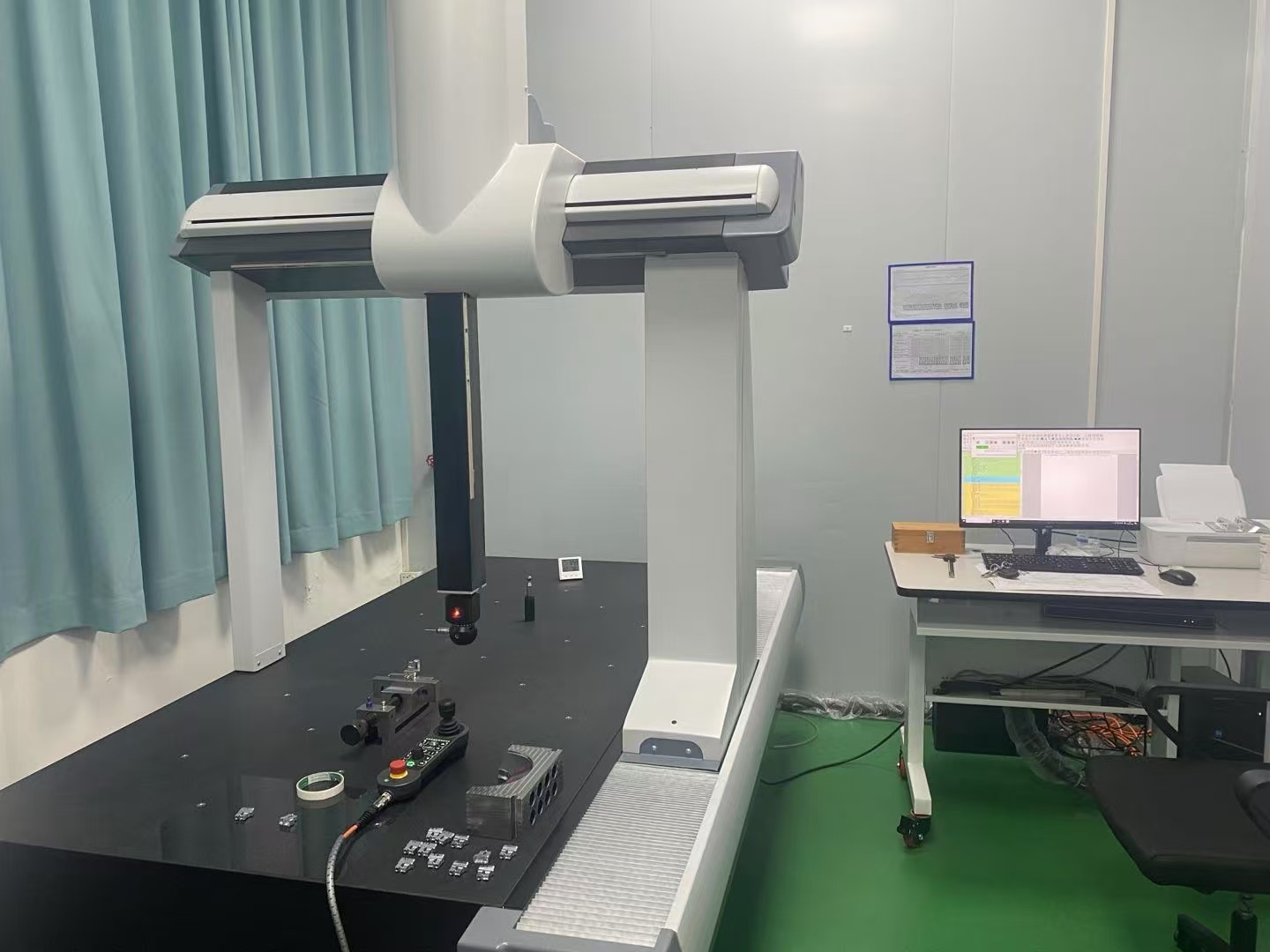Time to read: 6 min

Understanding CMM Machines
A Coordinate Measuring Machine (CMM) is an advanced tool used in the manufacturing process for maintaining workflow and ensuring precision. It measures the dimensions of machine or tool parts using coordinate technology, focusing on height, width, and depth across the X, Y, and Z axes.
Why CMM Machines are Essential
Traditional methods of measuring parts, such as hand tools or optical comparators, are prone to errors and require a high level of expertise. CMM machines offer a more reliable and efficient alternative, providing accurate measurements that are crucial for modern, complex parts.
How CMM Machines Work
CMM machines operate using two general types of measurement techniques: contact (using touch probes) and non-contact (using cameras or lasers). The part to be measured is placed on a stable base, and a movable gantry with a probe is directed by the CMM along the X, Y, and Z axes. The probe touches the part at various points, sending electrical signals that the computer maps out to measure the part.
Components of a CMM Machine
Understanding CMM machines includes familiarity with their key components:
- Probe: A critical component for contact measurement, made from durable materials like ruby or zirconia.
- Granite Table: Provides a stable and temperature-resistant base for accurate measurements.
- Fixtures: Hold the part in place during measurement to prevent movement and errors.
- Air Compressors and Dryers: Common in many CMM machines to maintain the environment for accurate measurements.
- Software: Analyzes the data collected by the probe or other sensors.
Benefits of Using CMM Machines
CMM machines offer numerous advantages, including:
- Time and Cost Savings: Their speed and accuracy reduce production costs and time.
- Quality Assurance: Provides reliable digital measurements and analysis for quality control.
- Versatility: Compatible with various tools and components, regardless of complexity.
- Reduced Human Error: Minimizes operator involvement, lowering the chance of mistakes.
Limitations of CMM Machines
Despite their benefits, CMM machines have some limitations:
- Contact Requirement: The probe must touch the part, which can damage delicate or soft materials.
- Probe Selection: The appropriate probe must be chosen based on the part's dimensions and requirements.
Conclusion
CMM machines play a vital role in ensuring the precision and quality of manufactured parts. By understanding what a CMM machine is and how it works, manufacturers can integrate this technology into their production processes for improved efficiency and accuracy. For expert guidance and top-quality CMM services, consider partnering with experienced providers like Unofactory.




